
For the second year running, Vancouver International Film Festival (VIFF) has created an online, COVID-friendly alternative to their annual, globally-recognized film festival.
This year, most of VIFF’S Official Selection was made available for all Canadians to watch via their streaming platform, VIFF Connect, from Oct. 1-11.
Here are my top five favourites from VIFF’s 40th birthday. Keep your eyes peeled for their wide releases.
Faya Dayi
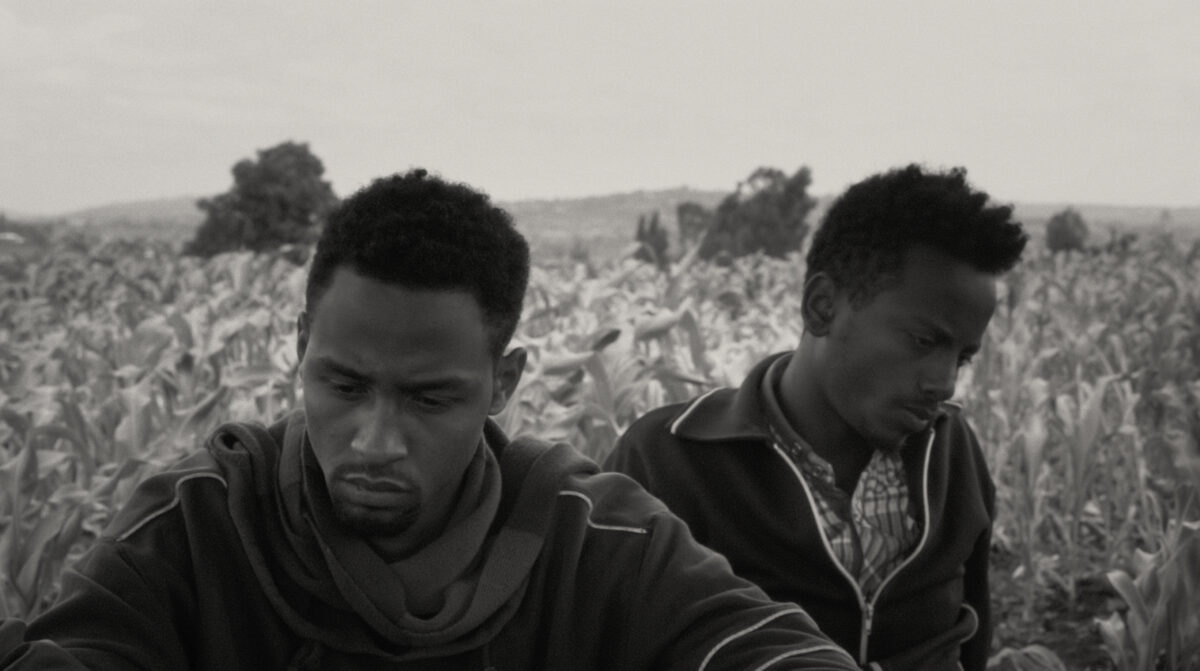
Dir/Writ: Jessica Beshir
Documentary/Drama/Fantasy
120 minutes
Jessica Beshir’s observational documentary Faya Dayi (translated as “Giving Birth to Wellness”) gives life to a poetic fable set in her home region of Harari, Ethiopia.
For centuries, the khat plant has been cultivated in Harar and chewed for its psycho-active effects by Ethiopia’s Sufi Muslim populations to aid in religious meditations as well as manual labour. The narrative of intoxication is also one of destruction. While Beshir does not ignore the addictive results of substance abuse, she is aware of the socio-cultural roles narcotics have played, and continue to play, throughout the world.
A family and community drama at its core, Beshir taps into the ubiquitous human desire for escapism and how this want serves as a common denominator between films, dreams, and the use and abuse of substances. The result is a film both hypersensitive and meditative in mise-en-scene. A sensation it shares with the effects of khat consumption and the experience of lucid dreaming.
With some of the most original cinematic imagery in years, and each frame a reason to revisit, Faya Dayi creates a spiritual experience for its audience through film. A cinematic ode to a bruised yet beautiful culture, Faya Dayi is easily one of the most note-worthy entries from VIFF’s 2021 line-up.
Hands That Bind
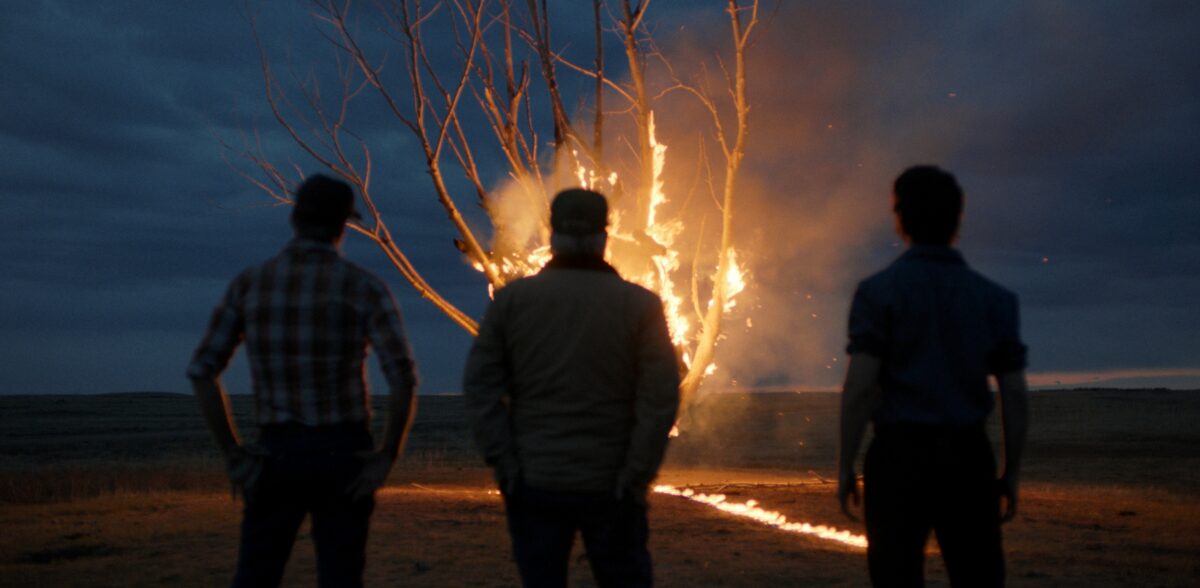
Dir/Writ: Kyle Armstrong
Drama/Mystery
116 minutes
Set in the conservative prairies of 1980s Alberta, Kyle Armstrong’s second feature film tells a universal story of economic hardship and privilege with an original vision.
Hands That Bind follows honest family man Andy Hollis (Paul Sparks), a farmhand expecting to inherit the property he has toiled on for years, as his hopes and dreams slowly fade from possibility when his boss’ son returns from city life to claim his patrimony.
Hollis’ financial and familial turmoil unfolds amidst a series of unexplainable phenomena within his community. Imposing rural landscapes and a disquieting score add tremendous breadth to the study of a man beginning to be forgotten by the unjust and oracular world he inhabits.
A work of art rejecting the exported film production of both Hollywood North and the Quebec film industry, Hands That Bind signals a new and original voice in Canadian cinema.
From the Wild Sea
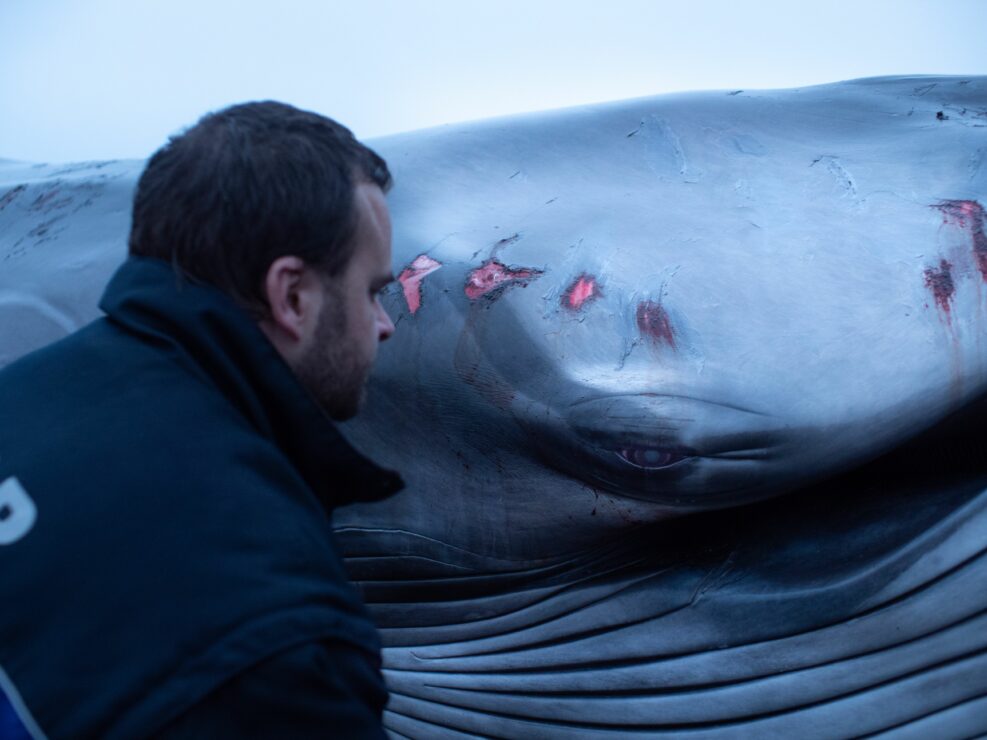
Dir: Robin Petré
Documentary/Nature
78 minutes
In her purposefully bleak feature debut, Robin Petré documents the experiences of marine animals forced into the human world due to rising sea levels.
Petré and her small team invoke rapturous imagery, suggesting a correlation between climate change and biblical wrath. Birds repeatedly circle the skies, mammoth waves engulf entire coastlines, and beached animals dye the tides red. A cacophony of anthropocentric weather, as well as the cries of the animals mangled by its presence, translate the film’s subject matter into soundscape with similar effect.
As dire as From the Wild Sea is in scope, it never entirely resorts to fatalism. The tireless efforts of those willing to help is documented with as much urgency and fascination as the sea life they dedicate themselves to saving. Petré’s thesis statement contains the same ambiguity faced by her subjects. Both the animals thrown from their aquatic kingdoms into our small alien lands and the humans who fight for their survival live in a world whose future remains uncertain. From the Wild Sea is a filmic document of this plight, and one dedicated to the endangered victims of climate change and their most conscious witnesses.
Blue Box
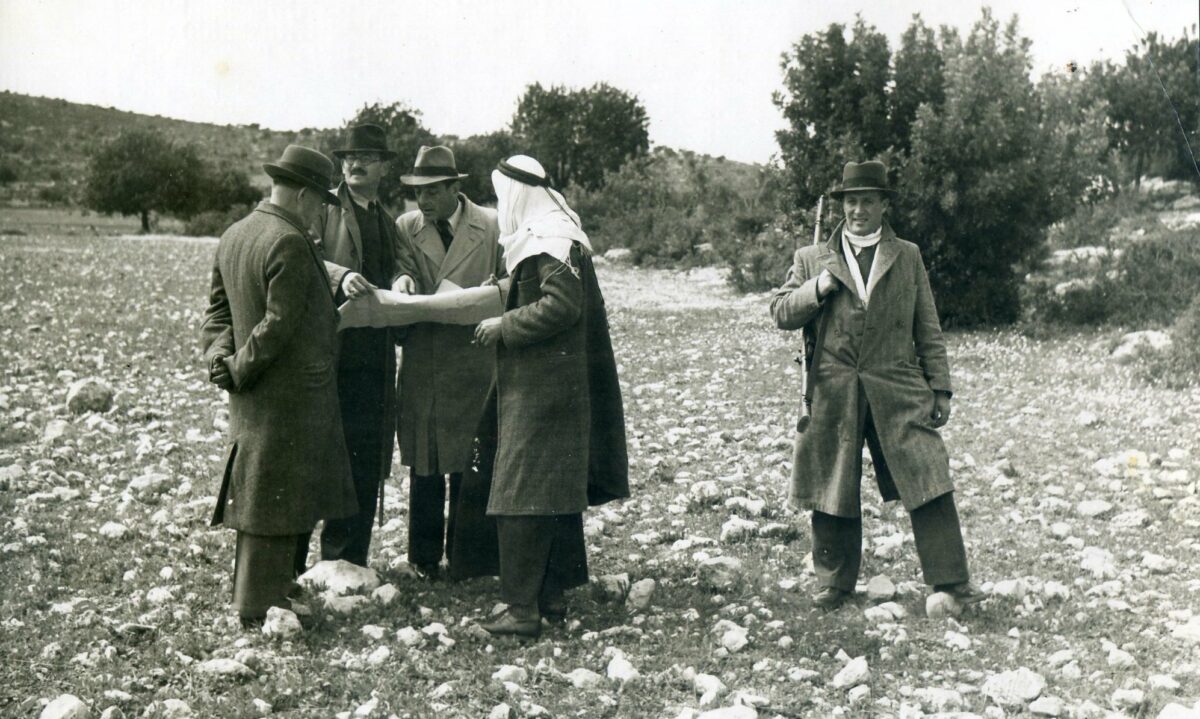
Dir: Michal Weits
Documentary/History
80 minutes
Yet another strong feature debut amidst VIFF’s roster. Michal Weits’s biographical documentary gives an objective and detailed account of her own great-grandfather’s life story.
Yosef Weits, co-founder and director of Israel’s Jewish National Fund (JNF), was instrumental to the reforestation of his young nation throughout the 20th century. To most Israelis, he is regarded as “The Father of Afforestation”. But to the Arab world, a different moniker is used.
In the shadow of the Arab-Israeli War, Israel’s Palestinian majority was forcibly relocated to neighboring nations. This exodus would later be known as the “Nakba” (translated as “the catastrophe”). Yosef Weits is still regarded as an “Architect of Transfer” by victims of the Nakba and their families. A hero to many and a demon to many more, the true actions and intentions of Yosef Weits are brought to the surface in this 80-minute character study.
Much of the narrative is told through still photography, newsreel footage, propaganda broadcasts, home videos, and Weits own diaries which, along with testimony from his living relatives, collectively detail almost a century of Israeli/Palestinian land relations.
Blue Box is a self-reflexive examination of the Nakba Exodus. Showing us that, particularly in generations removed, the first steps to resolution and reconciliation begin with the recognition of injustice rather than its erasure.
Brother’s Keeper
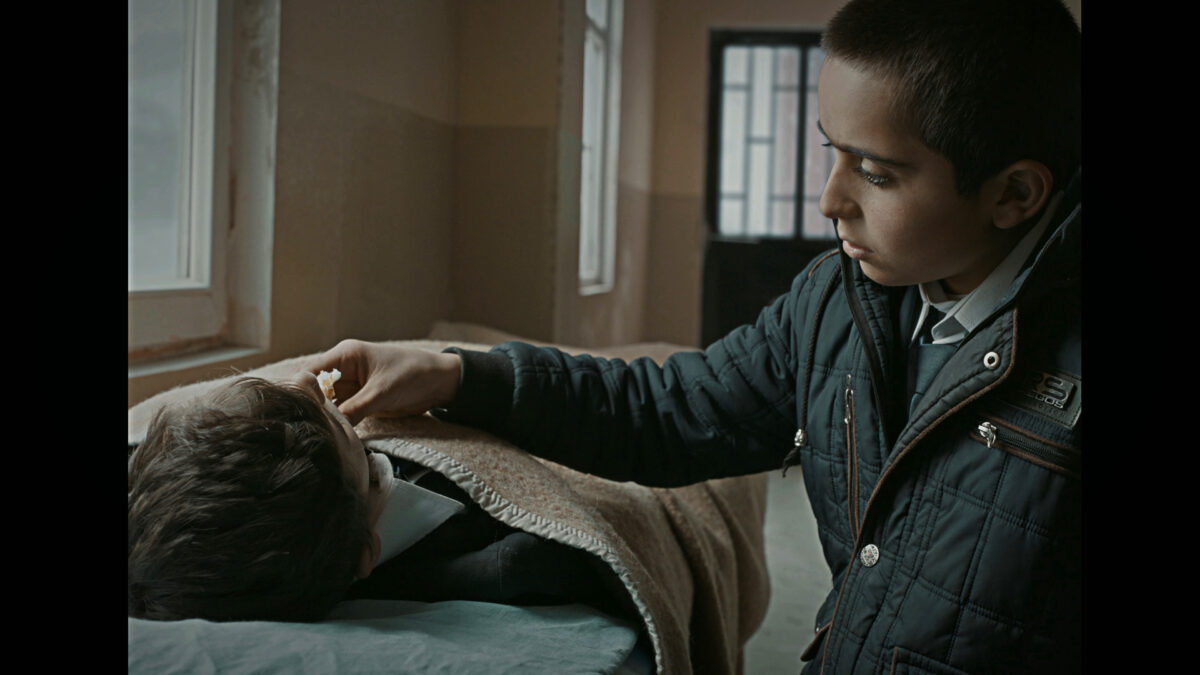
Dir/Writ: Ferit Karahan
Coming-of-Age/Drama/Mystery
85 minutes
Kurdish Filmmaker Ferit Karahan tells a timely, semi-autobiographical mystery of modern youth under authoritative residential schooling. In a boarding school for Kurdish boys in Eastern Turkey, pupil Yusuf (Samet Yildiz) attempts to get medical treatment for his roommate Memo (Nurullah Alaca) who has come down with a seemingly undiagnosable illness. Yusuf must face the oppression of both the harsh Anatolian winter and the autocratic teachers who possess all the power at his school, yet want none of the responsibility.
Karahan crafts a film dedicated to all oppressed children and their natural ability to surpass bureaucracy and recognize what is truly urgent. Brother’s Keeper likewise reminds us that the injustices of residential care are more than dark memories, but are relevant realities for many children throughout the world today. A film which rewards multiple viewings, Brother’s Keeper ultimately shows us the counter-productivity in educating with fear and the tragedies that can be avoided in its absence.







